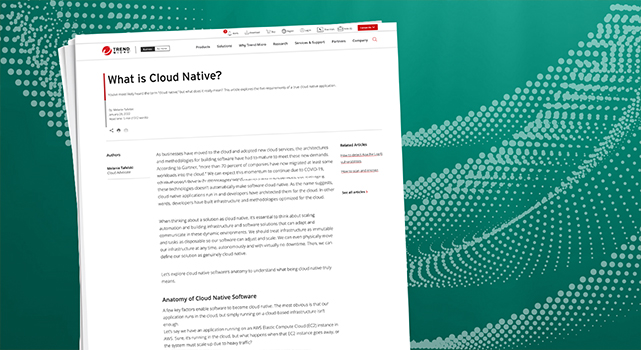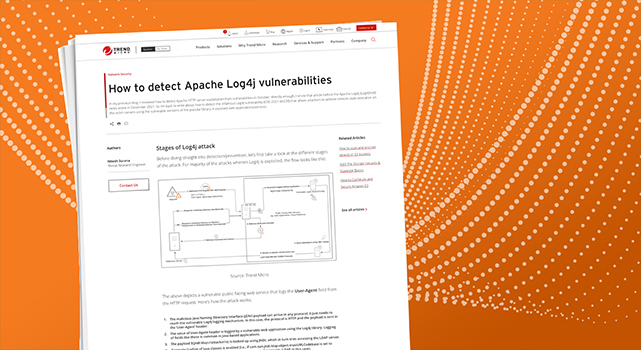Codex Exposed: Helping Hackers in Training?

Credit to Author: Forward-Looking Threat Research Team| Date: Thu, 03 Feb 2022 00:00:00 +0000
How useful is the Codex code generator as a potential training tool?
Read more
Credit to Author: Forward-Looking Threat Research Team| Date: Thu, 03 Feb 2022 00:00:00 +0000
How useful is the Codex code generator as a potential training tool?
Read more
Credit to Author: William Malik| Date: Wed, 02 Feb 2022 00:00:00 +0000
Securing the hybrid cloud can be complex. Explore how CISOs can use the zero trust security approach for more proactive protection.
Read more
Information on the latest Samba vulnerability and how to protect systems against the threats that can exploit it.

Credit to Author: Jon Clay| Date: Fri, 28 Jan 2022 00:00:00 +0000
Welcome to our weekly roundup, where we share what you need to know about cybersecurity news and events that happened over the past few days. This week, read the third installment of Trend Micro’s Codex series. Also, read about the White House’s latest zero-trust approach to its cybersecurity strategy.
Read more
Credit to Author: Greg Young| Date: Fri, 28 Jan 2022 00:00:00 +0000
How can CISOs manage remote work security? Explore 3 tips to secure networks, endpoints, and users.
Read more
Credit to Author: Melanie Tafelski| Date: Fri, 28 Jan 2022 00:00:00 +0000
You’ve most likely heard the term “cloud native,” but what does it really mean? This article explores the five requirements of a true cloud native application.
Read more
In 2021, a team of researchers from Trend Micro Research, TXOne, ADLINK, Alias Robotics, and ZDI looked into the Data Distribution Service (DDS) standard and its implementations from a security angle. The full findings of this research will be presented in the S4X22 Conference in April 2022.

Credit to Author: Nitesh Surana| Date: Thu, 27 Jan 2022 00:00:00 +0000
Explore how to detect Apache Log4j (Log4Shell) vulnerabilities using cloud-native security tools.
Read more
Trend Micro confirmed a new mobile malware infection chain targeting both Android and iPhone devices. The malware might have been designed to steal credentials associated with membership websites of major Japanese telecommunication services.
We investigated the most recent activities of APT36, also known as Earth Karkaddan, a politically motivated advanced persistent threat (APT) group, and discuss its use of CapraRAT, an Android RAT with clear similarities in design to the group’s favored Windows malware, Crimson RAT.